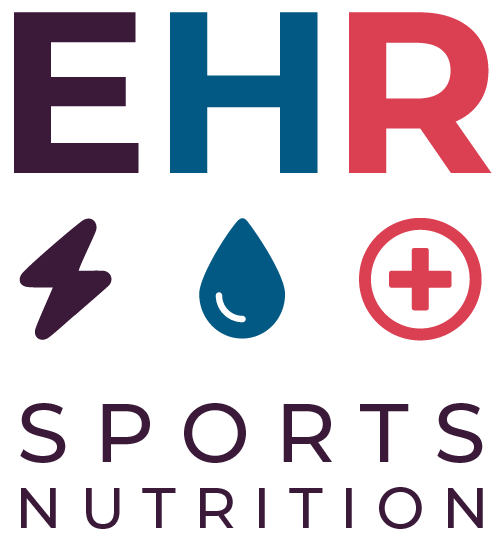
Marathon Fuelling Plan: The Ultimate Guide for Endurance Runners
Share
Training for a marathon is physically and mentally demanding, but proper fuelling can make all the difference on race day. If you don't fuel your body correctly, you risk hitting the infamous "wall" many runners experience in the later stages of a race. This article will cover everything you need to know about fuel for a marathon.
The Importance of Proper Fuelling
Proper fuelling is crucial for endurance athletes like marathon runners. When you run, your body uses stored carbohydrates and fats for energy. You need to replenish these energy stores to avoid running out of steam during the race. Conversely, low fuel can lead to decreased performance, decreased endurance, and a longer recovery after the race.
Practice as soon as you can
Practising your fuelling plan as part of your training can help you get through your event. You can find products that your body likes, and you can practice carrying them and using them too. We summarise the main energy products below, and we've created a way for you to test them out.
Energy Gels
Energy gels are small packets of concentrated energy to be consumed quickly and easily during exercise. They are a blend of carbohydrates, electrolytes, and sometimes caffeine. The carbohydrates provide power, and the electrolytes help replace what's lost through sweat.
You can try 6 of the best-selling gels below.
Energy Chews
Energy chews are similar to gummies and are a tasty and convenient energy source. They are a blend of carbohydrates and electrolytes. Unlike energy gels, energy chews are solid and must be chewed, making them a slower energy source. Some people prefer this delivery method and say these taste nicer than gels.
You can read more about the differences between chews and gels here.
Energy Drink Mix
Something that has become more popular recently is the use of an Energy Drink Mix. This is a way to combine the features of an energy gel into a drink, which means you can keep fueled and stay hydrated. Again, this is down to what works for you and your body.
What to Eat Before the Race
The night before the race, eating a carb-rich meal is important to fill your glycogen stores. Good options include pasta, rice, and potatoes. Avoid high-fat and high-fibre foods, as these can slow digestion and cause discomfort during the race. Aim to eat your pre-race meal about 3-4 hours before the start of the race.
What to Eat During the Race
During the race, it's important to replenish your energy stores. Most endurance athletes find that taking in small amounts of carbohydrates every 45 minutes helps to maintain energy levels and prevent hitting the wall. Good options include energy gels/chews, sports drinks, and bananas.
Tips for Using Energy Gels During a Marathon
Here are some tips to help you get the most out of using energy gels during a marathon:
- Start using energy gels about 45 minutes into the race and take them every 45 minutes to an hour afterwards.
- Ensure you drink enough water to help the energy gels absorb into your system.
- Experiment with different energy gels before the race to see which works best for you.
- Be sure to start using energy gels before you're already feeling fatigued.
The Benefits of Hydration
Hydration is just as important as fueling when it comes to endurance exercise. For example, when you run, your body sweats to regulate your body temperature. This sweating can cause dehydration, leading to decreased performance and increased fatigue. Therefore, drinking enough water before, during, and after the race is important to stay hydrated. Most endurance athletes find that drinking water regularly during the race, and consuming sports drinks that contain electrolytes, helps to maintain optimal hydration levels.
Fueling After the Race
After the race, it's essential to replenish your energy stores and rehydrate your body. A good post-race meal should include carbohydrates and protein to help your body recover from the physical stress of the race. Good options include:
- A sandwich with turkey and cheese.
- A bowl of rice and chicken.
- A protein smoothie.
Conclusion
Fueling is a critical aspect of training for and competing in a marathon. You can maximize your performance and avoid hitting the wall by eating the right foods at the right time and in the right amounts. Whether a seasoned marathon runner or a first-time racer, following a solid fueling plan is the key to a successful and enjoyable race.
We've put together a marathon pack that you can tailor below if you want to try a selection of products for a marathon.
